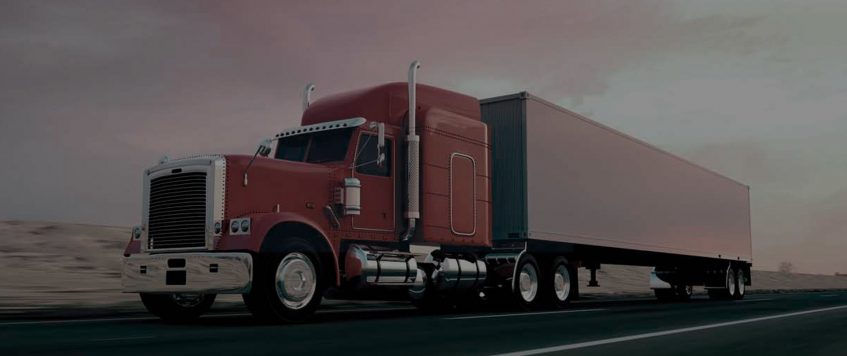-
14
Nov
7 Types of Freight Trucks & What’s Inside The Trailer
The freight industry relies on a diverse fleet of trucks to transport various types of cargo efficiently. Each type of truck is tailored to meet specific transportation needs, whether it’s the size and weight of the cargo, the need for temperature control, or the nature of the goods being transported. This diversity ensures that goods can be transported safely and securely to their destinations, meeting the demands of a dynamic and globalized supply chain.
1. Semi Trailer
Semi trailers, also known as tractor-trailers or 18-wheelers, are versatile freight trucks designed for transporting a wide range of goods. Their enclosed trailers make them suitable for various types of cargo, from dry goods to temperature-sensitive items. These trucks are commonly used for long-haul transportation due to their large capacity and efficiency.
2. Flatbed
Flatbed trucks are characterized by an open platform without sides or a roof, providing easy access for loading and unloading oversized or irregularly shaped cargo. This type of truck is commonly used for transporting construction materials, machinery, and large equipment that may not fit into enclosed trailers.
3. Step Deck
Step Deck trucks, also known as drop deck trailers, have a lower deck in the rear, allowing them to accommodate taller freight. This design makes them suitable for transporting taller cargo that may exceed height restrictions on traditional flatbeds. They are commonly used for hauling construction materials and machinery.
4. Dry Van
Dry Van trucks have enclosed trailers and are designed to protect cargo from the elements. These trucks are commonly used for transporting general goods such as consumer products, electronics, and non-perishable items. The sealed environment ensures that the cargo remains secure and unaffected by weather conditions.
5. Reefer
Reefer trucks, short for refrigerated trucks, are equipped with a cooling system to maintain specific temperature conditions for transporting perishable goods. This includes items like fresh produce, pharmaceuticals, and other temperature-sensitive cargo that requires a controlled environment to prevent spoilage.
6. Box Truck
Box Trucks, also known as straight trucks or cube vans, are smaller than semi-trailers and have a compact design with a cargo area directly attached to the cab. They are commonly used for local deliveries and transporting small loads of goods such as furniture, appliances, and other retail items.
7. Tanker
Tanker trucks are specifically designed for transporting liquid cargo, such as chemicals, petroleum, and food-grade liquids. The tanker’s design prevents leaks and spills during transportation, ensuring the safe delivery of liquids to their destination.
